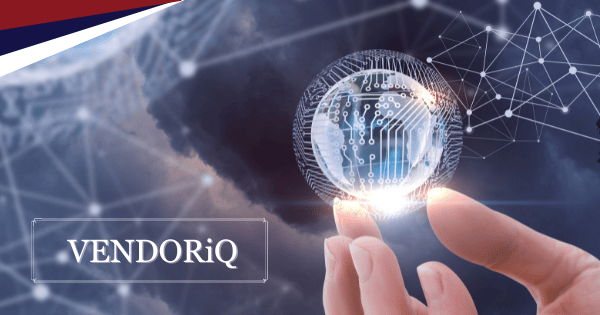
Vendor Radar: Interactive – A Sovereign Partner for the Hybrid Era
With its new ‘Unite28’ strategy, Interactive is targeting regulated industries that require local data residency, deep regulatory compliance (APRA, SOCI), and high-touch customer service.







